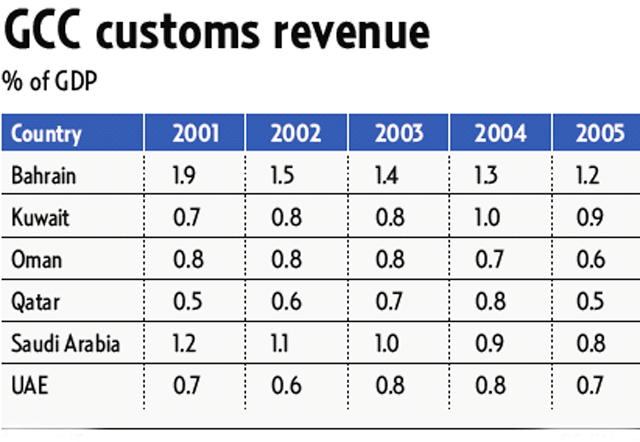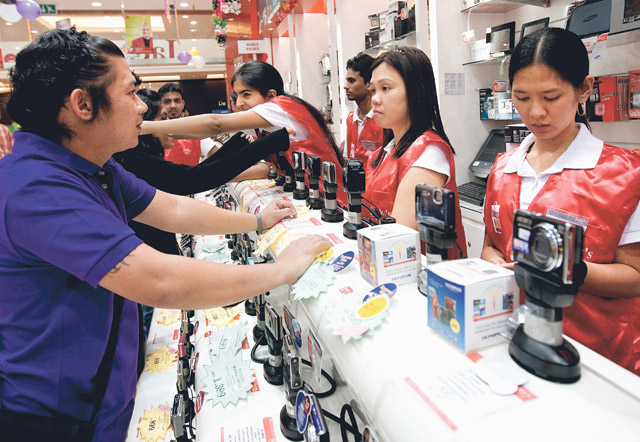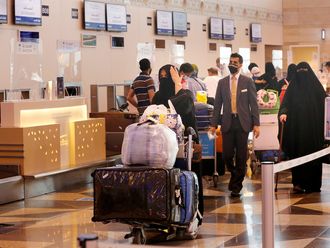
Dubai: A GCC-wide implementation of value-added tax could be delayed to mid-2013 as administrations are unprepared for such a shift and an official decision is yet to be taken, an expert in Dubai said on Monday.
During a GCC taxation seminar in Dubai on Monday, economists emphasised the need for governments in the region to diversify revenue tools and reduce dependence on oil and gas revenues.
"The problem of trying to get an integrated VAT by 2012 when the free trade agreements kick in, is going to be very tight," said Ehtisham Ahmad, adviser in the Office of the Prime Minister of the UAE, and a senior fellow at the Centre of Economic Research at the University of Bonn and at the Asia Research Centre of the London School of Economics.
Ahmad, who earlier headed the International Monetary Fund's regional efforts for GCC VAT implementation, said starting from scratch could take 18 months under optimum circumstances, but "three years is more like it".
Ahmad said that GCC ministers will have to agree on implementing VAT later this year before the matter can move on to the heads of state.
"It is important to get the green light from ministers to start harmonising the processes," he said.
While the VAT implementation may go ahead even if all GCC members are not in unanimity, those left out will suffer, as they would be stepping out of the common markets, Ahmad said.
"Producers in a country not in the VAT union, would not be entitled to refunds. That would put countries outside the VAT zone at a disadvantage so it would be damaging for them," he said.
While Saudi Arabia has put administration systems in place and is ready to implement VAT theoretically, Qatar, Bahrain and Oman are currently working on developing the system," Ahmad said.
Administrative issues
The other remaining members of the GCC, namely the UAE and Kuwait, have not made much progress.
Though Dubai Customs had plans in 2008 to go ahead with VAT, it has pulled back since, possibly due to administrative and revenue distribution issues, according to Ahmad.
"GCC countries need to be able to diversify their economies. We've seen volatile oil prices so governments are uncertain about their sources of revenues," said Nasser Saidi, chief economist at the Dubai International Financial Centre Authority.
He said that as governments sign trade treaties, causing revenues from customs to fall, an alternative revenue source is needed.
The UAE, with 80 per cent of its population being expatriates, have been paying indirect taxes, custom duties and several other charges. Saidi believes VAT would consolidate the various fees UAE residents have to pay and would lower the overall burden.
"Each and every fee takes time, effort and money. So VAT would save on administration costs and burden on people,"
"The general consensus is that VAT is the best way forward," since it encourages savings and taxes consumption, he said.













